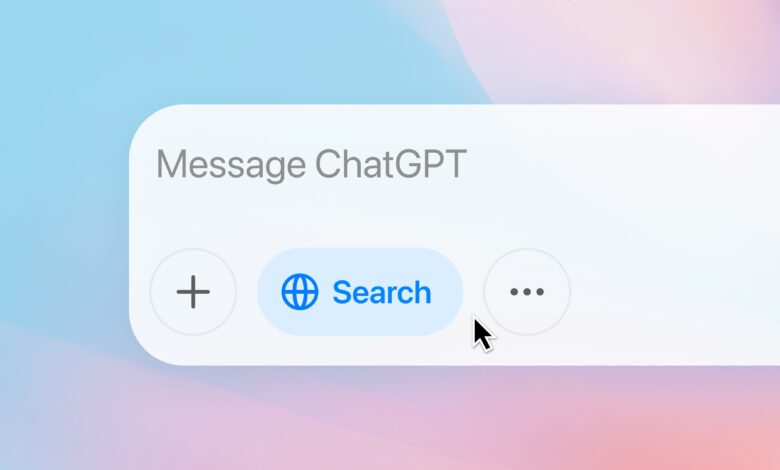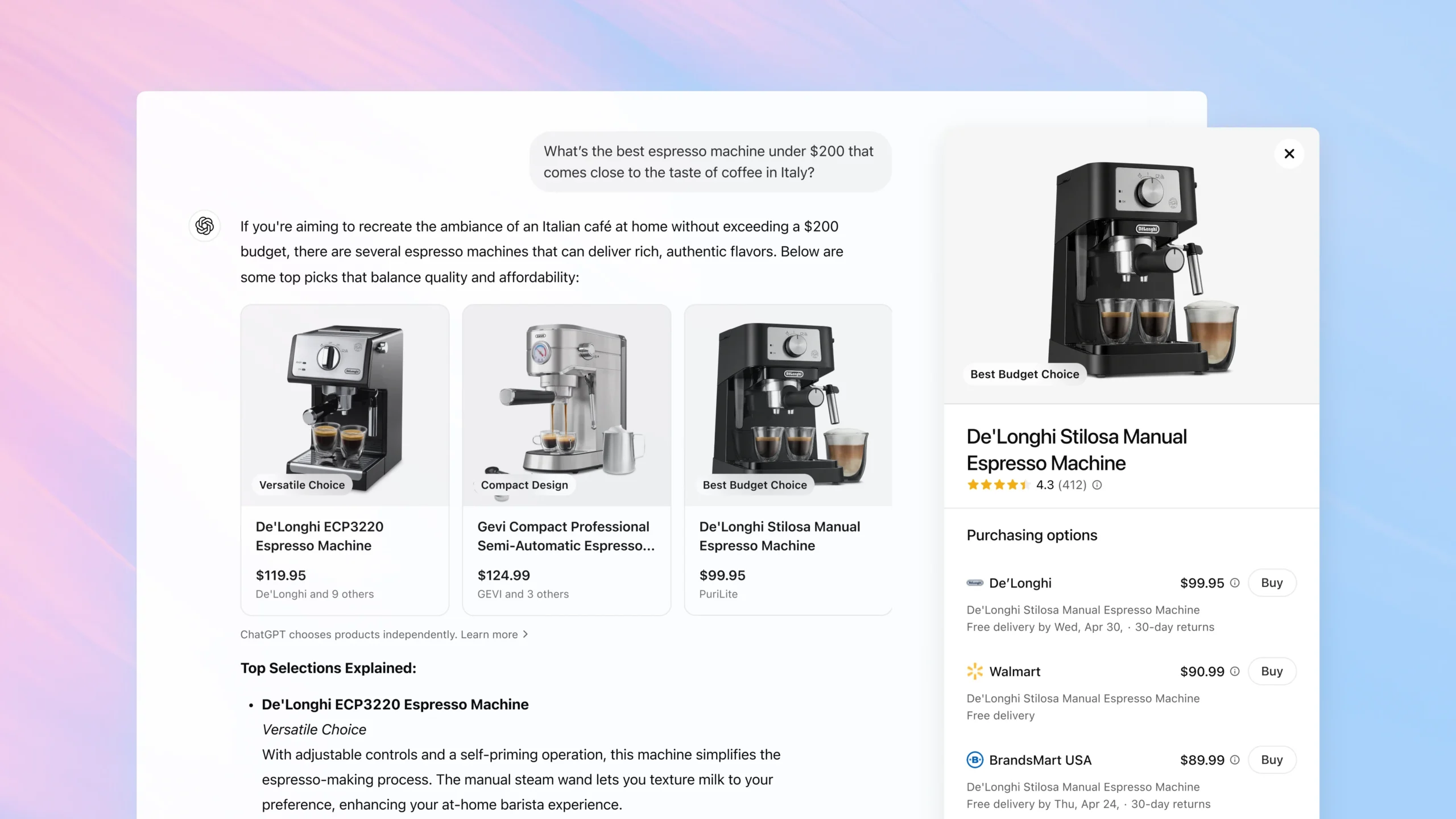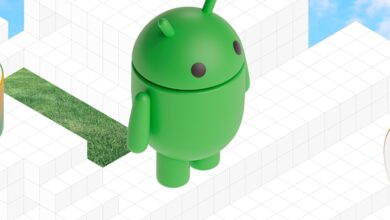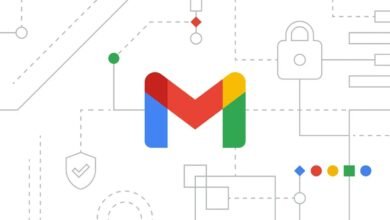
OpenAI has launched new updates to ChatGPT, adding shopping, real-time search, and memory features. These upgrades could change how people search for information and buy products online. With these changes, ChatGPT is positioning itself as a major competitor to traditional search engines like Google.
Why OpenAI Is Expanding Into Shopping
At the heart of OpenAI’s move is a desire to make ChatGPT not just a tool for answering questions, but a true daily companion for users. ChatGPT now handles over a billion web searches per week – a staggering figure that positions it as a serious challenger to Google.

OpenAI aims to transform ChatGPT into the default platform for finding, researching, and even purchasing products and services. Traditional search engines have long relied on ad-driven models, where organic results are often buried beneath paid placements. OpenAI sees an opportunity to offer something cleaner and more conversational – where answers and recommendations feel natural, unbiased, and personalized. We’ll see how that goes over time. You can sign up to get your products on ChatGTP Shopping here.
If successful, OpenAI could fundamentally shift how people interact with the internet, establishing ChatGPT as a trusted, ad-light alternative to today’s dominant search and shopping ecosystems.
All New ChatGPT Features Explained
To support its vision of a new kind of search and shopping experience, OpenAI has launched several major feature upgrades inside ChatGPT.
(Remember in Kenya, thanks to a 16% VAT, you’ll be paying more money to access PLUS and PREMIUM features on ChatGPT.)
ChatGPT Adds Personalized Shopping with Visual Results
Users can now search for products directly inside ChatGPT and get a much richer, more intuitive experience:
- Products are presented with images, detailed descriptions, prices, and customer reviews.
- Users can compare options side-by-side without opening new tabs or external websites.
- Direct purchase links to different retailers are provided within the chat.
- Importantly, product recommendations are organic. OpenAI says results are chosen based on structured product data, not through paid promotion.
At launch, the shopping feature focuses on categories such as technology, home goods, fashion, and beauty. OpenAI plans to expand into more categories as usage grows. This seems really nice, but will it remain the same when investors want their money back? Or will it be another ad-filled section with little AI and more advertisement?
ChatGPT Now Available on WhatsApp for Real-Time Search
Expanding its accessibility, ChatGPT can now be reached via WhatsApp. Users can send a message to 1-800-ChatGPT (+1 (800) 242-8478) and:
- Get real-time answers to questions.
- Access live updates such as sports scores or news headlines.
- Receive shopping recommendations and product searches directly inside WhatsApp chats.

This integration brings ChatGPT’s capabilities to users on mobile devices, even when away from a computer or web browser.
ChatGPT Introduces Trending Searches and Smart Autocomplete
ChatGPT’s new search experience now includes:
- Trending searches: Users can view what’s popular or timely as they start typing.
- Autocomplete suggestions: ChatGPT helps users finish typing queries faster by suggesting the most likely completions.
These additions mirror the convenience users are used to on traditional search engines while keeping everything within a conversational experience.
Improved Citations and Source Highlighting
OpenAI has significantly improved how ChatGPT cites its sources:
- Answers can now include multiple citations, allowing users to verify facts against various reputable websites.
- A new highlight feature shows exactly which parts of an answer relate to which cited source, making fact-checking easier and faster.
This transparency upgrade helps ChatGPT build credibility as it becomes a more important tool for research and decision-making.
Memory Integration Coming Soon
In the coming weeks, ChatGPT’s memory feature will be integrated with search and shopping:
- ChatGPT will remember past conversations, preferences, and buying habits to offer even more personalized recommendations.
- Users will retain full control over memory, with the ability to view, update, or erase remembered information at any time.
- Due to privacy regulations, memory integration will not be available initially in the European Economic Area, the United Kingdom, Switzerland, Norway, Iceland, and Liechtenstein.
When fully active, this memory system could dramatically increase ChatGPT’s usefulness, helping it feel less like a tool and more like a true personal assistant.
The Death of Traditional Search?
OpenAI’s expansion into shopping is more than just a feature update – it reflects a broader shift. Users have been increasingly dissatisfied with traditional search engines like Google, where ads dominate top results and genuine, organic answers are often buried.
By offering direct, conversational, and highly personalized search experiences, ChatGPT threatens the very model on which Google was built. Where traditional search requires parsing through multiple links, ChatGPT presents curated options in one clean conversation.
Although the vision is compelling, early users have noted some areas for improvement. Shopping results, while useful, sometimes link to lesser-known or smaller retailers. Also, generating responses can take longer than Google’s near-instantaneous search results. Still, the convenience of conversational shopping and information retrieval presents a strong case for long-term disruption.
Privacy Questions and the Role of Memory
A major element of the upcoming evolution is memory integration. ChatGPT will be able to retain information about user product preferences, frequently asked questions, and even favorite brands or preferred price ranges.
However, personalized memory comes with serious privacy concerns. Critics argue that aggregating personal shopping behaviors, preferences, and search patterns inside a single AI system could lead to unprecedented levels of user profiling. OpenAI emphasizes that users will have complete control over memory, ensuring they can review, modify, or delete it at any time.
Striking the right balance between personalization, advertisement and user privacy will be critical for OpenAI’s long-term success in this space. ‘How will OpenAI make money over time?’ will be a pertinent question.
The Future of AI Search Is Still Wide Open
Despite the excitement, it’s important to recognize that we are still in the early days of AI-driven search and shopping. This landscape could shift rapidly.
New competitors like Perplexity AI, Google’s own AI Overviews, and broader debates around digital regulation and ethical AI usage mean the race for dominance is far from over. OpenAI itself has indicated it is committed to learning from real-world feedback and evolving the platform accordingly.
In this formative period, user trust, transparency, and the ability to offer truly helpful and unbiased experiences will determine who ultimately wins the future of search.





